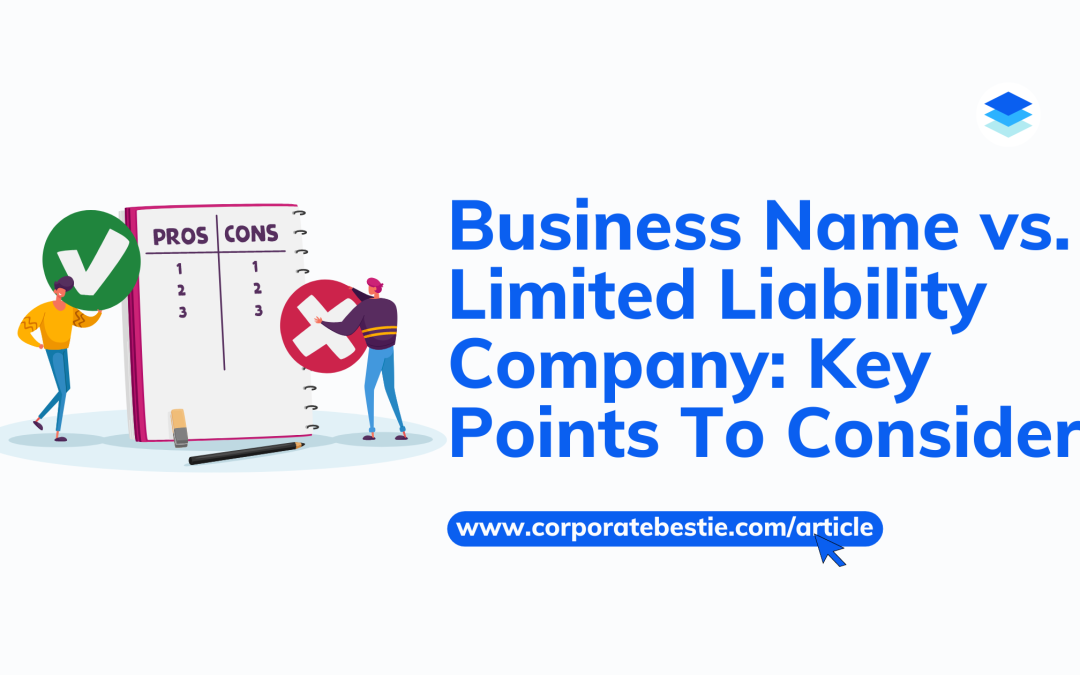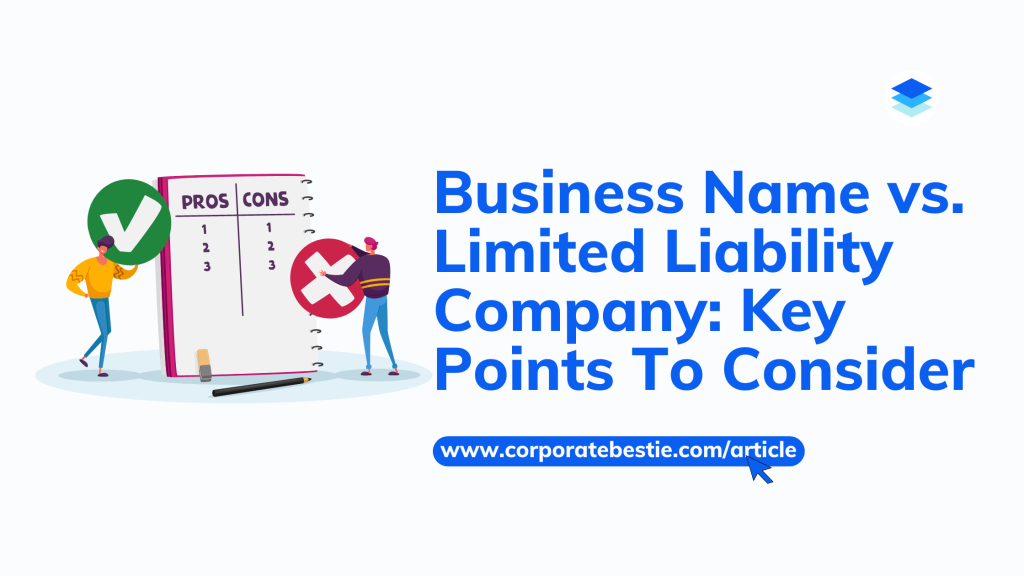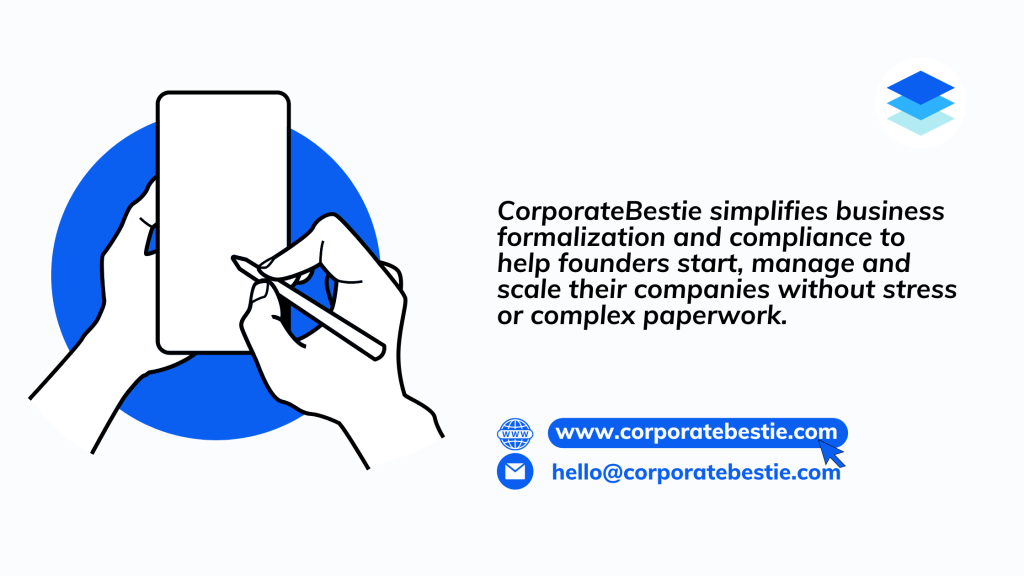
Business Name vs. Limited Liability Company: Key Points To Consider

Choosing a legal structure for your business in Nigeria, whether it is today old or you have been running it for a few years is a decision that needs to be made with a lot of clarity and certainty. This is because the structure of your business, whether as a Business Name or a Limited Liability Company (LLC) will determine your factors such as ownership, cost, liability, legal personality, management, fundraising ability, tax and regulatory requirements, etc.
For a better understanding, we’ll use a hypothetical founder named Tosan Ahmed. Tosan Ahmed is a Lagos-based entrepreneur running a fish farm business, supplying frozen and smoked fish to customers within Lagos. He started this business one year ago and has been able to maintain the business all by himself. However, his goal is to expand his business to at least four states in Nigeria and this requires capital investment. He has decided to either go to the Bank for a loan or approach a High Network Individual (HNI) for investment. Here are a few points Tosan should consider before choosing the structure that is ideal for him.
- Formation: A Business Name is divided into Sole Proprietorship (also known as a one-man business, and Partnership. A Sole Proprietorship can be formed as a one-man business, while a Partnership can be formed by two (2) to twenty (20) people. A Limited Liability Company is categorized into Private or Public Limited Liability Companies. A private LLC can be incorporated by one person as a sole director or shareholder with a maximum of 50 members, while a public LLC must have a minimum of 2 members with no maximum limit.
- Affordability: It is more affordable and inexpensive to register a business name compared to an LLC which can be more expensive to set up.
- Transfer of Ownership: For a Business Name, the death or separation of the owner from the business immediately terminates the business because the owner is not separate from the business. However, for an LLC, the directors and shareholders are separate from the business and the death of any member of the business does not terminate the business as shares can be transferred to others.
- Financial Liability: Where the owner (s) of the business owes a debt, the owners are personally liable for the debts in the case of a Business Name, unlike an LLC where the debts of the company are owed by the company and not personally by the shareholders of the company.
- Legal Personality: In the case of a legal action, for a Business Name, the owner can sue and be sued directly, but for an LLC, the company can sue and be sued.
- Documents: After registration of a Business Name, the owner received a Business Name Registration Number (for example – BN1234567), a Certificate of Registration and a Status Report but for a Limited Liability Company, the owner (s) will receive a Company Registration Number (for example – RC1234567), Tax Identification Number, Memorandum and Articles of Association and a Status Report from the Corporate Affairs Commission (CAC), which is the body responsible for formation and management of companies in Nigeria.
- Raising Capital: It is more difficult to raise capital with a business name but it is relatively easier to raise capital with an LLC because the shares of the company can be used as equity in exchange for investment.
- Tax Requirments: For a business name, the owners are expected to file and pay Personal Income Tax individually to the state body responsible for collecting taxes, for example – the Joint Tax Board (JTB); while for an LLC, the company is a taxable person and all taxes such as Companies Income Tax is to be filed and paid to the Federal Internal Revenue Service (FIRS)
These are some key points you or Tosan Ahmed, our hypothetical entrepreneur consider when choosing between a business name or a limited liability company.
When you are ready to begin, we can help you by setting up your company or business name without stress or complex paperwork. To get started with the incorporation process, go to www.corporatebestie.com/pricing to select a package that is right for your business.

Need further support? We are always available to help. You can contact us via email or send us message to our support team on WhatsApp

